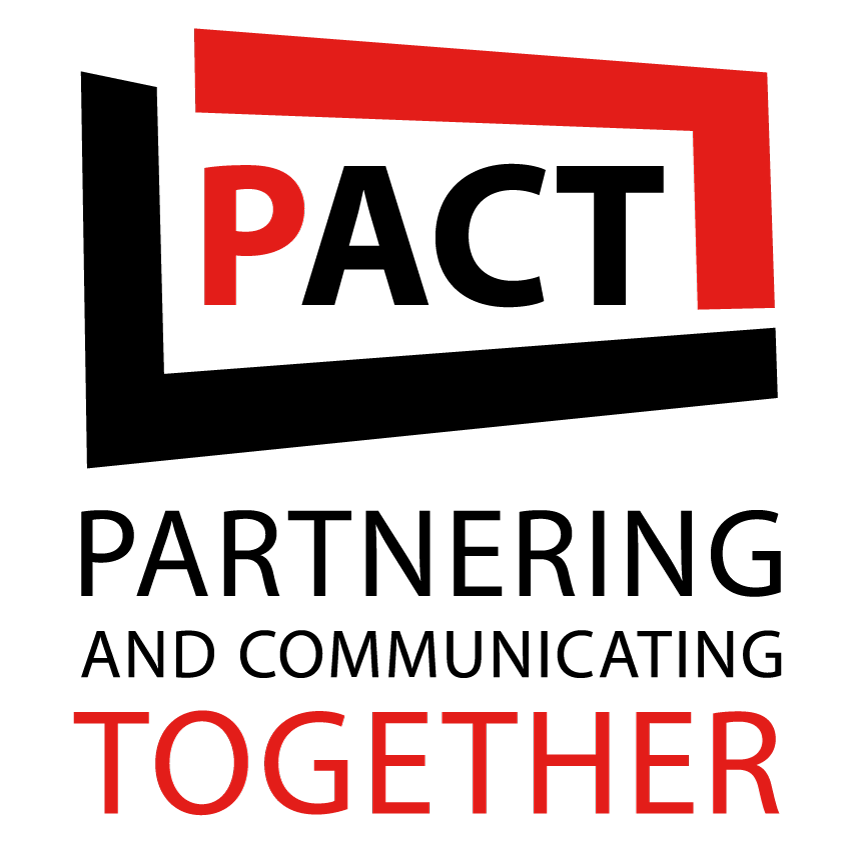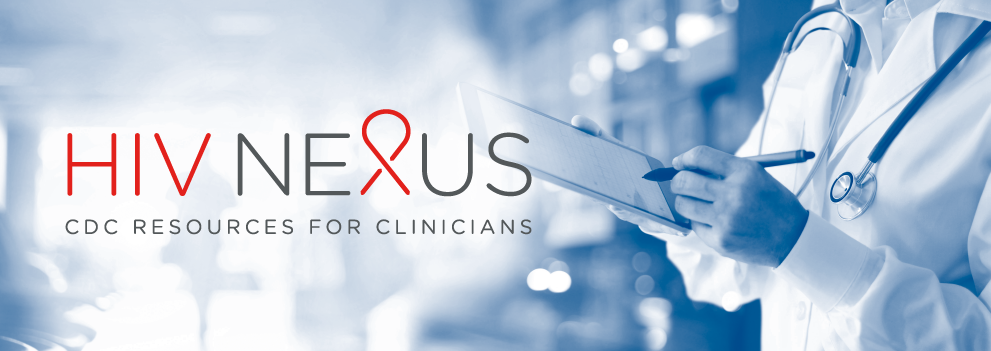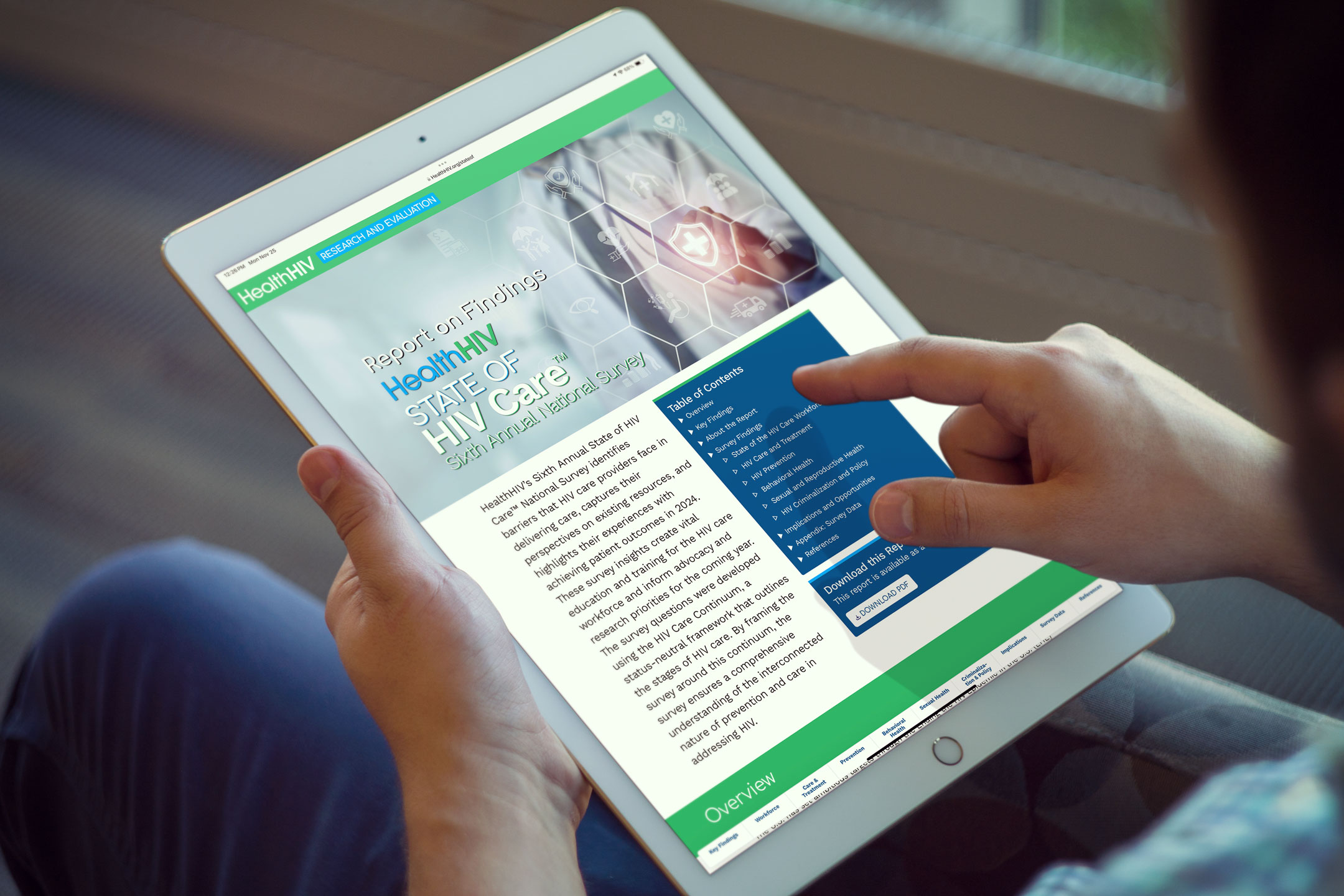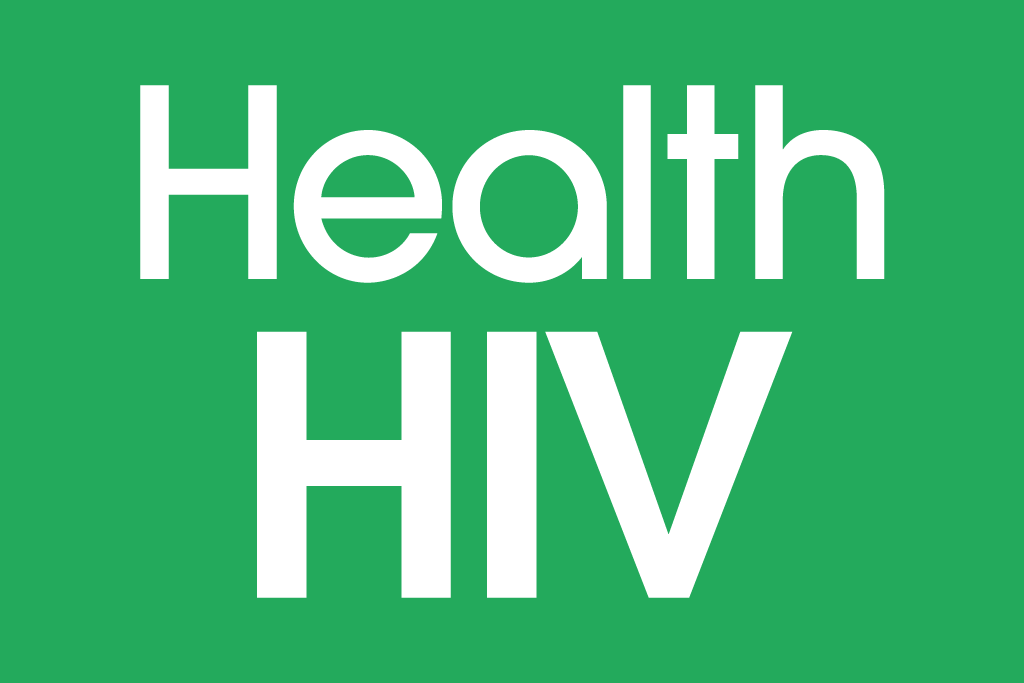HealthHIV’s State of HIV Care™ Sixth Annual National Survey report findings released in advance of World AIDS Day, Sunday, December 1, 2024
WASHINGTON, D.C. — Workforce shortages driven by burnout and inadequate pay are creating behavioral health service gaps, while limited patient access to innovative treatments continues to challenge the state of HIV care, according to HealthHIV’s State of HIV Care™ Sixth Annual National Survey. The survey of HIV care and service providers highlights national trends, showing a workforce facing significant obstacles in delivering effective HIV care due to systemic inequities and ongoing financial constraints, which hinder equitable access to HIV prevention, care, and treatment.
Key findings include:
- Workforce Shortages, Inadequate Compensation, and Provider Burnout Create Challenges to Quality HIV Care: Providers report that workforce shortages, inadequate compensation, and burnout are the primary barriers to quality care, underscoring an urgent need for increased funding and staffing support.
- Providers Request Training on New Treatments and Health Equity: Clinicians and service providers emphasize the need for training in innovative HIV treatments, such as long-acting injectables, as well as guidance on addressing health disparities and navigating funding challenges. These areas are vital for improving care delivery and addressing systemic inequities.
- Lack of Essential Behavioral Health Services Driving Gaps and Undermining Care for People Living with HIV: Many organizations are missing essential services, particularly in behavioral health and social services, resulting in the exclusion of social determinants of health from necessary care. Fewer than 30% of respondents offer services like childcare, inpatient detox, and crisis support, highlighting a national shortage of behavioral health care providers. This deficiency poses a barrier to meeting the broader health needs of people living with HIV (PWH) and those at risk.
- Ongoing Stigma Hindering Retention in HIV Care for Priority Populations: Stigma significantly complicates retention in HIV care, as many organizations struggle to provide sufficient behavioral health support. Fear of judgment and distrust in healthcare systems hinder access to care, especially for priority populations, including those experiencing homelessness and individuals who use substances.
- Insurance Barriers Slowing Access to PrEP and HIV Care, Highlighting Need for Reform: Insurance barriers, such as formulary restrictions, high co-pays, and prior authorizations, delay access to ART and PrEP, disproportionately impacting priority groups. Providers face limitations in delivering care, and many lack familiarity with zero-cost-sharing guidelines for PrEP, emphasizing the need for policy reforms and targeted training to improve access and outcomes.
“Our healthcare providers face immense pressure and significant stressors in this changing landscape, at the same time that we see remarkable advancements in HIV prevention and treatment. The paradox is clear: while innovations offer hope in improving outcomes, systemic barriers continue to limit access,” states HealthHIV Executive Director Brian Hujdich. “We must prioritize workforce support and access improvements during this tenuous time in healthcare so that we can meet the End the HIV Epidemic goals and deliver optimal HIV care.”
Addressing these challenges is essential for meeting EHE goals by 2030. The emphasis on treatment innovation, as evidenced by widespread adoption of long-acting injectables, reflects the rapid advancements in HIV care and growing provider enthusiasm for novel strategies. At the same time, participants highlighted the ongoing need to combat stigma and dismantle barriers to care that disproportionately impact marginalized groups.
These dynamics are mirrored in how respondents describe the current State of HIV Care: ‘improving’ prominently stands at the center, encapsulating advancements in treatment and support. Other terms like ‘evolving,’ ‘progressing,’ ‘lacking,’ and ‘hopeful,’ paint a nuanced picture of persistent challenges, opportunities for growth, and a shared optimism about the future.
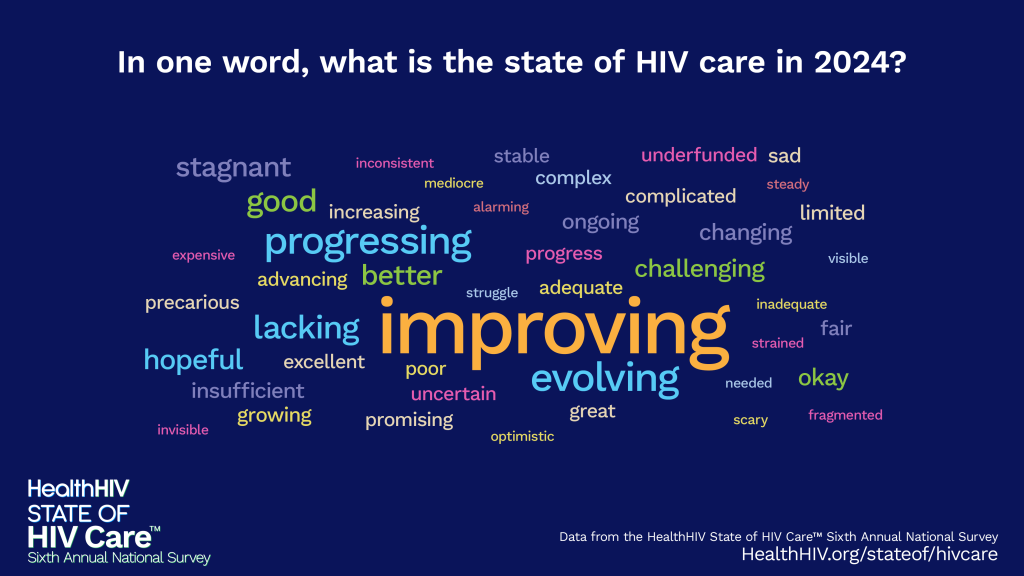
About the Survey
The survey gathered insights from 966 healthcare professionals across 46 states, who work in Community-Based Organizations (CBOs), Community Health Centers, Ryan White HIV/AIDS Program Clinics, and Health Departments. Clinical respondents included Registered Nurses, Nurse Practitioners, Physicians, Pharmacists, Licensed Practical Nurses, Mental Health Professionals, Nurse Managers, Licensed Clinical Social Workers, Physician Associates, Medical Assistants, Dentists, Mental Health Case Managers, Dieticians/Nutritionists, Endocrinologists, and Occupational Therapists, who work in clinical specialties, such as HIV medicine, infectious disease, and family medicine. Non-clinical respondents included Administrators, Case Managers/Medical Case managers, Community Health Workers, Health Education Specialists, Outreach Workers, Advocates, Non-Clinical Social Workers, Health Navigators, Disease Intervention Specialists, Researchers, Harm Reductionists/Risk Reductionists, Medical Billing Professionals, Mental Health Professionals, Substance Use Counselors/Professionals, Clergy/Faith-Based Professionals, and Students.
Survey questions were developed using the HIV Care Continuum, a status-neutral framework that outlines the stages of HIV care. “By framing the survey around this continuum, this ensures a comprehensive understanding of the interconnected nature of prevention and care in addressing HIV,” states HealthHIV Associate Director of Health Services Research and Evaluation Sarah Brodt. “HealthHIV developed the survey to identify the barriers HIV care providers encounter in delivering care, gather their perspectives on existing resources, and understand their experiences in achieving patient outcomes in 2024.”
Insights from the survey will inform the creation of vital education and training materials for the HIV care workforce, as well as advocacy and research priorities for the coming year.
About the Report
To access the full HealthHIV State of HIV Care™ Sixth Annual National Survey report, please visit HealthHIV.org/stateof/hivcare.
For more information about the report, please contact Sarah Brodt, HealthHIV’s Associate Director of Health Services Research and Evaluation, at [email protected].
About HealthHIV’s “State of” Surveys
HealthHIV Research and Evaluation conducts regular national surveys to better inform ongoing advocacy, education, research, and training activities. These “State Of” surveys provide unique insight into patient and provider issues in order to optimize primary and support services for diverse communities. The regular reports offer the ability to study multi-year trend analyses illustrating changes, challenges, and opportunities to address the needs of providers and patients. HealthHIV, HealthHCV, and the National Coalition for LGBTQ Health conduct “State Of” surveys addressing HIV Care, HCV Care, LGBTQ Health, Harm Reduction, and Aging with HIV. Learn more at HealthHIV.org/stateof.
#

